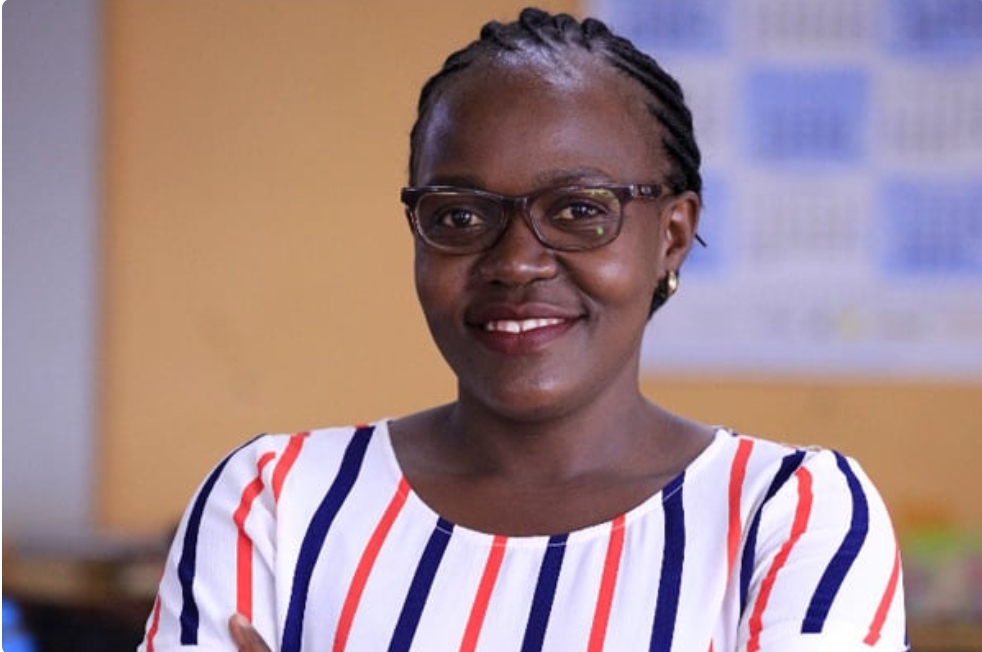Supreme Court to decide on fate of Kazinda

The Supreme Court has said it will ,at a future date, pronounce itself on the appeal filed by the Attorney challenging the Constitutional Court’s ruling that ordered the immediate release of former principal accountant in the Office of Prime Minister Geoffrey Kazinda.
Chief Justice Alfonse Owiny-Dollo, who headed a panel of seven justices, decided to put the Kazinda ruling on notice after the parties met last Friday, where they gave final directives on how the appeal should be concluded.
“That (written submissions of the case) should be on record by Friday, July 19, and then served to the Attorney General not later than Friday, July 26. The Attorney General to file any rejoinder if they find it necessary and the court will deliver its decision on notice,” Chief Justice Owiny-Dollo said.
In August 2020, a majority judgment of the Constitutional Court held that the continuous prosecution of Kazinda amounted to double jeopardy within the meaning of Article 28(9) of the Constitution, before ordering his release from Luzira prison where he had been incarcerated for close to eight years.
The justices added: “The numerous trials for offences similar in character amounts to a deprivation of the right to a fair hearing and contravenes Articles 28(1) and (9) of the Constitution.”
But being dissatisfied with the decision of the Constitutional Court, the Attorney General appealed before the final court in the land, the Supreme Court, to overturn the same.
The Attorney General, in his grounds of appeal, said the majority justices of the Constitutional Court erred in law and fact when they found that the continuous prosecution of Kazinda amounted to double jeopardy.
Kazinda has been in prison since 2012, serving jail sentences ranging from five to 40 years on various corruption-related charges.
While representing himself, Kazinda in 2014, petitioned the Constitutional Court, arguing that the Director of Public Prosecutions (DPP) split his corruption cases emanating from similar facts, on which he had already been convicted on some, amounted to double jeopardy contrary to the demands of the Constitution.
He further argued that the DPP should have had all the cases in one trial if he was to have a fair trial and not a piecemeal arrangement.
Article 28(1) of the Constitution provides for a right to a fair hearing while Section 23(1) of the Trial Indictment Act and Section 86(1) of the Magistrate’s Court Act provide that any offences may be charged together in the same charge if the offences are founded on the same facts.
Kazinda was convicted of a series of offenses including abuse of office, forgery, embezzlement, illicit-enrichment, and causing financial loss. He is serving various sentences handed down by the Anti-Corruption Court. Kazinda is now being represented by lawyer George Musisi



0 Comments